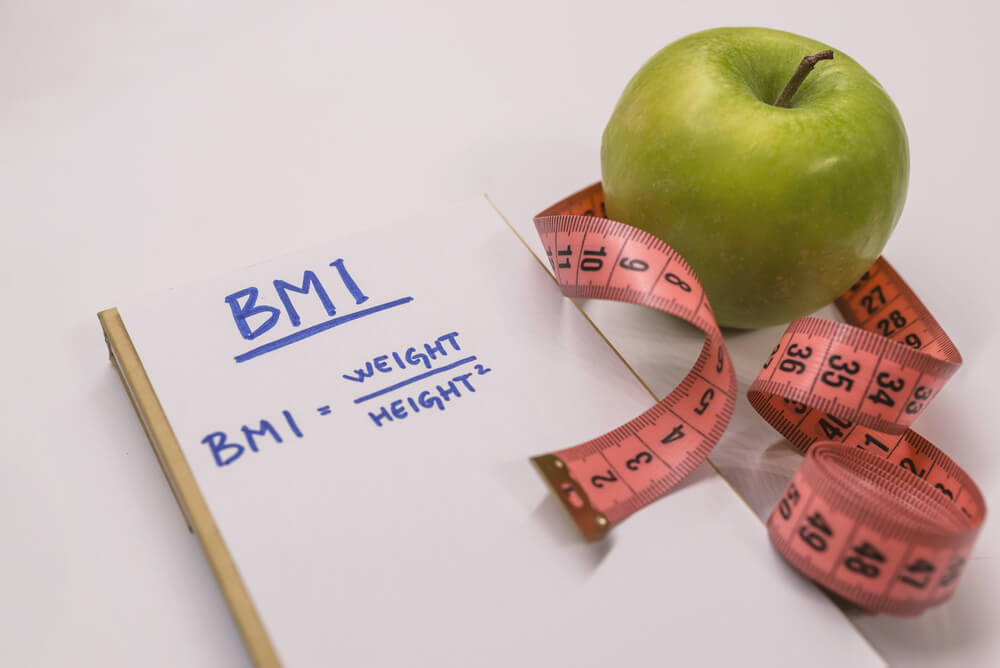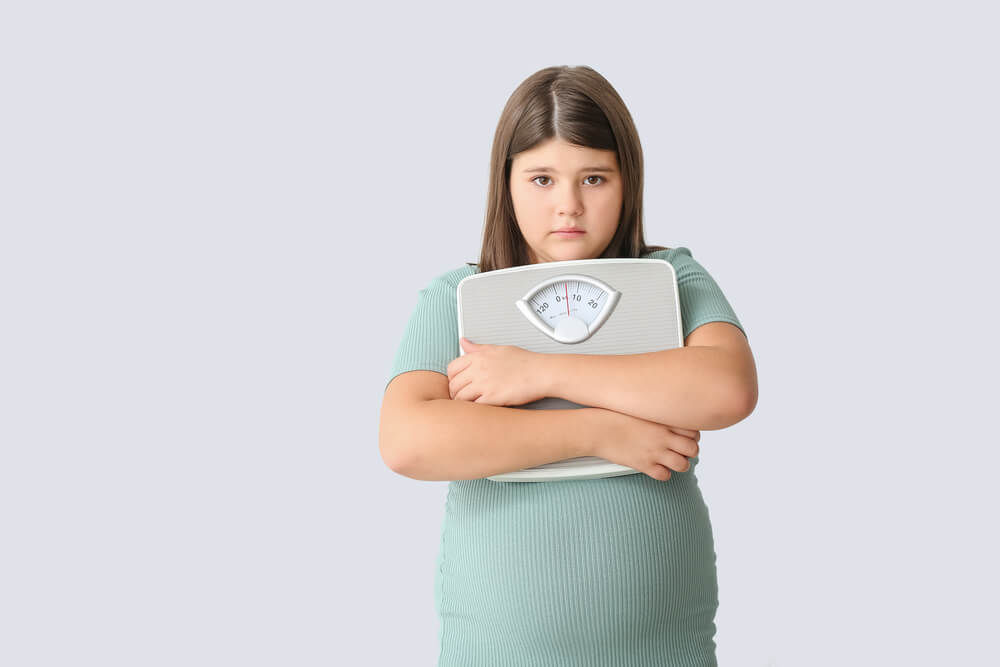Childhood obesity is a rather severe medical issue that affects both adolescents and children. The condition can be especially problematic because excess weight can lead to problems in children that were previously associated with adults, such as hypertension, high cholesterol, and diabetes. And also, there are the very real emotional effects of being overweight, which often lead to depression and poor self-esteem.
That said, if you are looking for effective treatment of obesity in kids, reach out to the experts at the Pediatric Endocrine and Metabolic Center of Florida. But first, let’s talk about the issues of obesity in general, with an emphasized focus on the mental aspects of carrying extra weight. There are a few links between childhood obesity and mental health, and in this article, we’ll discuss them as well.
Symptoms of Obesity
First, it’s essential to know that not all kids with extra weight are overweight. For starters, some children have larger body frames, and some of them tend to carry different amounts of excess weight at specific developmental stages.
That said, using the body mass index, or BMI system, might be able to provide the best guideline, as it looks at weight in relation to height. Your pediatrician may help determine your child’s BMI by looking at growth charts and may recommend additional tests if there’s suspicion that their body weight may lead to health concerns.
It’s highly recommended that you talk to your child’s pediatrician if your little one is putting on weight at a faster rate. The doctor will take a closer look at their growth charts and development and will also assess their family history of obesity.

Obesity Causes and Risk Factors
For the most part, obesity in children boils down to poor diet and lack of activity. Still, in other cases, hormonal and genetic factors may also play a role in putting on the excess pounds.
Risk factors can be many, and they usually work in combination to increase obesity risks:
- Poor diet: Consuming high-calorie foods too often, such as snacks, junk food, and baked goods, can lead to weight gain. Desserts and candy are also high in calories, such as most soft drinks.
- Lack of physical activity: Children who don’t spend time exercising or are generally inactive physically will burn fewer calories. This, combined with eating a high-calorie diet, can significantly increase the risk of childhood obesity.
- Taking specific medications: Certain types of prescription medications may increase the risk of putting on excess weight. Compounds like gabapentin, prednisone, lithium, paroxetine, and amitriptyline may contribute to obesity.
- Family factors: if your child comes from a family where other members are also overweight, the likeliness of them putting on extra weight is also bigger. Especially if the child grows up in an environment where high-calorie foods are constantly available.
- Socioeconomic factors: Some families have limited resources and may be unable to go to the supermarket. Instead, they opt for convenience foods which are often high in calories but offer little nutritional value.
- Psychological factors: Stress can increase the risk of obesity. Some kids may use overeating as a way to cope with their stress and emotions. In other cases, children may simply use food to fight boredom.
Obesity in Children: Physical Complications
As mentioned above, obesity may lead to several complications that may lead to other medical issues in the long run.
These physical complications may include the following:
- Hypertension and high cholesterol: Obesity may lead to either or one of these conditions. Both of them may lead to plaque buildup in the arteries, causing heart problems or even stroke later in life.
- Type 2 diabetes: This condition affects how the body uses glucose and may lead to several other health complications.
- NAFLD or nonalcoholic fatty liver disease: This condition leads to the buildup of fatty deposits in the liver, leading to scarring and liver damage over time.
- Breathing problems: Generally, asthma is more common in overweight children, along with obstructive sleep apnea.
- Joint pain: the extra weight will also lead to extra stress on the knees and hips.
Childhood Obesity and Mental Health: The Emotional Effects of Being Overweight
How does obesity affect mental health in children? Apart from the obvious health costs of carrying extra weight, children may also have to deal with several mental and emotional problems that can take quite a large toll on their personal development and may leave traces even in their adult lives.
Social Stigma
Living with excess weight can often be heartbreaking for children. The social stigma of obesity is real and can be extremely damaging, significantly if the physical complications further deteriorate the child’s health. In a society where being fit is of utmost importance, even young children may start to associate negative thoughts with excess weight and may think about obese people as less likable.
Emotional Eating
How does obesity affect mental health? Unfortunately, in some cases, it can make the core issue even worse. Some obese kids may actually find emotional comfort in food, which will only put more weight on their frames, increasing their mental and physical problems even more.
Bullying and Self-Esteem Problems
While some overweight children are popular in class and feel okay about themsevles, most obese children will experience issues with low-self esteem. These emotions can transition into feeling shameful about their bodies, which may lead to a lack of self-confidence which can interfere with their academic performance.
Additionally, some of them will even be bullied by their peers or even adults, saying that their obesity is their own fault. They might also call the children names and tease them. This can lead to isolation and trouble making new friends.
Depression
With having to deal with all these problems, the emotional effects of obesity in children may even lead to depression. They may see themselves as outcasts, feel lonely, and isolated. If these feelings become ingrained in their life, they may develop clinical depression.

Discrimination
Obesity-related consequences persist not only during adolescence but also into adulthood. Heavy teenagers and adults may encounter weight-based discrimination, which can impact various aspects of their lives. Research indicates that they might face challenges in gaining admission to prestigious universities and have reduced opportunities for securing good jobs compared to their thinner counterparts. Additionally, overweight women may experience decreased prospects of dating or finding a life partner. In summary, heavy children who become heavy adults often earn lower incomes and have lower marriage rates than their peers who maintain average weight levels.
Prevention is the Best Medicine
By setting a good example, introducing more exercise, and healthier food options, parents can help their children maintain a healthy weight and avoid the negative physical and mental effects of obesity.
Definitely, prevention is the best medicine when it comes to obesity.
Still, finding the best strategies may be a bit difficult at times. That said, feel free to reach out to our experts. We can work out an effective prevention plan that will help your child maintain a healthy weight and even help the entire family adopt healthier eating habits.


